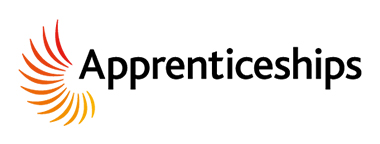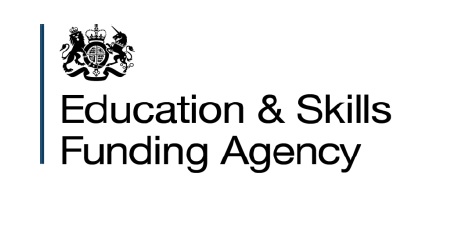LeaRning and Skills ASSESSOR
Level 3
Step into the world of assessing.
The role of a learning and skills assessor can be found in any organisation or sector where learning, training and development are required, the broad purpose of this occupation is to assess candidates against agreed standards of competence and knowledge.
Assessors contribute to the quality cycle of an organisation and actively contribute to the standardisation and moderation of assessment decisions and therefore company practice.
In their daily work assessors will interact with learners, quality assurance practitioners teachers, mentors, coaches, delivery professionals and other key stakeholders in overseeing occupational competence and continuous improvement.

Key Information
Duration
12 month programme followed by a 3-month End Point Assessment phase.
Funding options.
If you pay into the apprenticeship levy this is 100% funded at £5,000.
Or
a maximum £250 (5% contribution) for a non-levy employer.
Knowledge
- The role of the assessor working within organisational, legal, and ethical frameworks, including confidentiality and safeguarding.
- How to plan inclusive assessment.
- Types of and methods of assessment.
- The principles of assessment to include validity, authenticity, currency, sufficiency and reliability.
- The methods of verbal and non-verbal communication to support assessment practice, including questioning techniques.
- How to give constructive feedback for the purpose of progress and achievement.
- Standardisation, moderation and quality assurance procedures relevant to the assessment.
- The purpose and process of the quality cycle.
- Organisational and legal requirements for recording, storing and sharing personal information.
- Types and methods of recording and tracking assessment decisions, including the use of digital technology.
- Sources of and how to access accurate and relevant vocational/pastoral advice and guidance to meet learner needs, including point of referral.
- The role and importance of holistic assessment to support wider skills development.
- Approaches to sustainable assessment practice.
- Opportunities for continuing professional development in own sector to maintain occupational competency, including sustainable practice and digital literacy.
Skills
- Conduct sustainable assessment practice working within organisational, legal, and ethical frameworks, including confidentiality and safeguarding.
- Produce a plan for assessment.
- Select method/s to assess learner/s in line with organisational and regulatory requirements.
- Make accurate assessment judgments against agreed standards.
- Communicate with learners and relevant stakeholders to support assessment practices.
- Provide constructive feedback to support the learner to progress.
- Contribute to standardisation, moderation and quality assurance procedures.
- Develop and maintain records of assessment, complying with quality, confidentiality and data protection requirements.
- Facilitate access to relevant, current information advice and guidance.
- Apply holistic assessment in practice to support wider skills development.
- Identify and implement professional development opportunities to maintain occupational competency, including sustainable practice and digital literacy.
Behaviours
- Operate at all times to ethical and legal standards within professional boundaries, maintaining an impartial approach.
- Take personal responsibility for sustainable outcomes in how they carry out the duties of their role by reference to environmental good practice.
- Demonstrate and encourage mutual respect, displaying a deep understanding of inclusive practice to support the individual/s in the assessment process.
- Be committed to improving their own professional practice in relation to the assessment standards.
- Be resilient and adaptable when dealing with challenge and change, maintaining focus and self-control.
Who is the Learning and Skill Assessor
(Level 3) suitable for?
- Those with a keen interest in administration, compliance or raw mathematics.
- Those with aspirations in the payroll industry, including roles such as payroll administrator, payroll officer or payroll analyst.
- Those looking to find their footing in a stable and in-demand industry.
Find the full qualification specifications here


